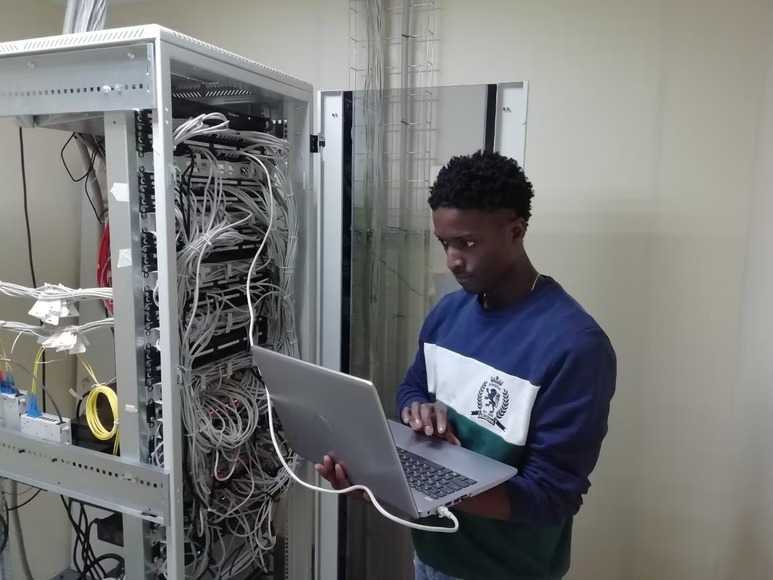How to install Firewall Service in Rhel 7? Learn how this firewall service allows you to control access to services running inside your network.
Firewall Service in Rhel 7
Firewall Service in Rhel 7 is a firewall tool to control and allow access to incoming requests. This is from the Internet to the services running inside the Rhel 7 server. It’s an important component of a security system. Also, it protects your services from getting hacked by a malicious user.
The Firewall Service in Rhel 7 is a set of kernel modules and a daemon (firewalld). It provides network traffic control and works in combination with IPTables to help you control what traffic does allow you to access your server. Also, which services do you want to make accessible for users outside the server?
Features of Firewalld
The daemon allows the administrator to configure zones, each zone represents an interface (eth0, eth1, etc). In each zone, you can configure what services do allow or deny. You can also configure security levels, from high (block everything) to low (allow everything).
The firewall allows you to create user-defined chains that can be used by administrators or firewall rules. So, the chains can be used for logging or other configuration purposes. Thus, the firewall behavior can be controlled by Zones, which are pre-defined settings.
Moreover, you can set up rules in each zone, blocking unwanted traffic or allowing the traffic to go through. So, you can also set up default policies divided into five levels (high, medium, low, trusted, and untrusted). Next, the default policy is applied if no other policy is matched.
The firewall allows you to define permanent rules that will always be applied once you enable them. If you need to open port 443 for HTTPS traffic then there’s no need to create a rule every time your system starts up. So, just create a rule and mark it as permanent so it gets applied every time the system boots up!
Physical Security Solutions
You have port monitoring capabilities from within System Monitor. So, you can keep an eye on any port-related activity at any time. You don’t have to check IPTables logs anymore! Also, you can use the Information tab inside System Monitor for further details about any selected ports.
Some of the information includes protocol, state and whether it’s listening or not, port range (lowest/highest ports), interface name, local address, and address of the remote host.
Furthermore, the operations Support System is a useful tool to manage your Rhel 7 server. So, you can check your system statistics, see how much space you’re using, and see how many users you have. Thus, Physical Security Solutions is another tool that allows you to keep an eye on what’s happening at your server.
These Physical Solutions can alert you in case of a hardware failure or any other kind of problem. So, these are just a few tips that might help you make the most out of your system. Hence, there’s still a lot of information to discuss and I will be writing more articles in the future regarding Rhel 7 security.
